GFoD and ADRF sought solidarity of Nepal government to protect CDWD
- Bir Bahadur Nepali
- 13-09-2023 09:08
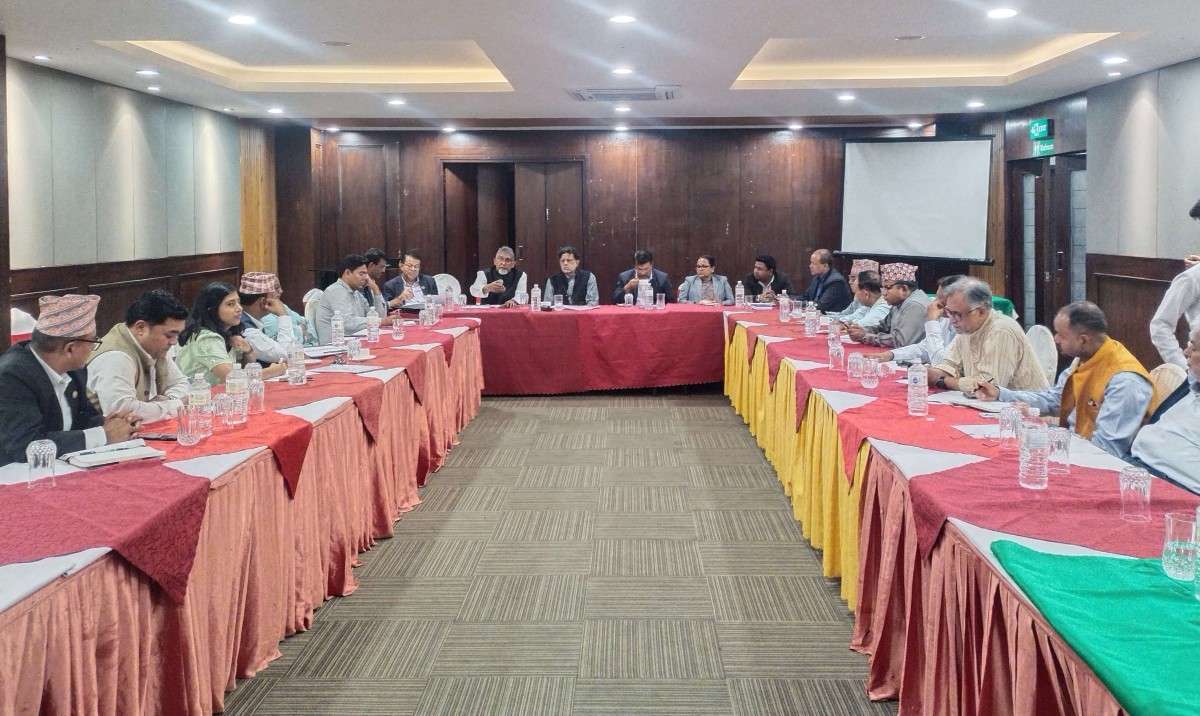
Global Forum of Communities Discriminated on Work and Descent
In their meeting with the foreign minister NP Saud Communities Discriminated on Work and Descent (CDWD) seek solidarity with the Nepal Government, parliamentarians, and civil society to support the cause of protecting and promoting CDWD rights at the United Nations
DIGNITY REPORTER
KATHMANDU: A delegation of the Global Forum of Communities Discriminated on Work and Descent (GFoD) and Asia Dalit Rights Forum (ADRF) sought the solidarity of the Nepal government to protect and promote Communities Discriminated on Work and Descent (CDWD).
The delegation had sought solidarity while meeting with the Minister of Foreign Affairs NP Saud on 17 August 2023.
According to a press statement issued by ADRF, the meeting deliberated on the collaborative efforts aimed at moving towards a resolution on the rights of communities discriminated against on work and descent (CDWD) within the framework of the United Nations.
“The delegation commended Nepal’s consistent support and unwavering commitment to championing the Dalit cause both within its borders and on the international stage,” states the press release.
A significant event was held on 7th September 2023 at Indreni Complex in Kathmandu, Nepal bringing together Nepalese Parliamentarians, South Asian Civil Society organisations (CSOs) and United Nations (UN) delegates to continue the dialogue among Dalit communities and the journey at the UN. The event, organized jointly by GFoD and ADRF was attended by CSO representatives from five countries in South Asia–Nepal, India, Pakistan, Bangladesh, and Sri Lanka.
The CSO representatives presented the concerns of Dalit communities in their respective countries and the prospective way forward before the Parliamentarians of Nepal.
Chairperson of ADRF Beena Pallical shared the Indian perspective on the issue and detailed how ADRF initiates efforts in addressing this regionally.
GFoD Convenor Paul Divakar talked about the existence of caste-like structures in South Asia and across the globe, impacting communities such as Dalits in South Asia, Roma-Sinti-Gypsy in Europe, Quilombolas in Brazil, Barakumin in Japan among others, who are gravely discriminated on the basis of their identity and occupation.
He talked about the steps that have been taken till now to recognize this form of discrimination on a global level and the need to plan further steps together with the parliamentarians.
Esteemed Members of Parliament (MPs) of Nepal including Jeevan Pariyar, Santosh Pariyar, Ranendra Barali, Bhuban Sunar, Prabhu Hajara Paswan, Harka Maya Bishwakarma, Jitu Gautam, among others, participated in the event and engaged in meaningful discussions about the challenges facing Nepal in ensuring greater Dalit participation and empowerment.
One key issue that echoed through many voices was that of existing limitations in the implementation of constitutional provisions for Dalits, that require laws to be passed.
The lawmakers expressed readiness to work within the government of Nepal in the process of legislation and called for greater collaboration amongst other South Asian countries. They recognized the role of the United Nations and international interventions to push the agenda forward.
During the function, chairperson of the Asia Parliamentarian Forum on Dalit Concern Meen Bahadur Bishwakarma urged fellow parliamentarians to deal with these concerns and ensure that they forge solidarity at the international, as well as national levels.
Representatives from the UN agencies, and Miloon Kothari, former UN Special Rapporteur on Adequate Housing, attended the event and they emphasized the crucial role of parliamentarians in connecting international initiatives to grassroots efforts. The event called for joint efforts to address discrimination against Dalit communities at the national, regional, and international levels, especially at the UN.
The meeting was coordinated and moderated by Bhakta Bishwakarma, General Secretary, ADRF.


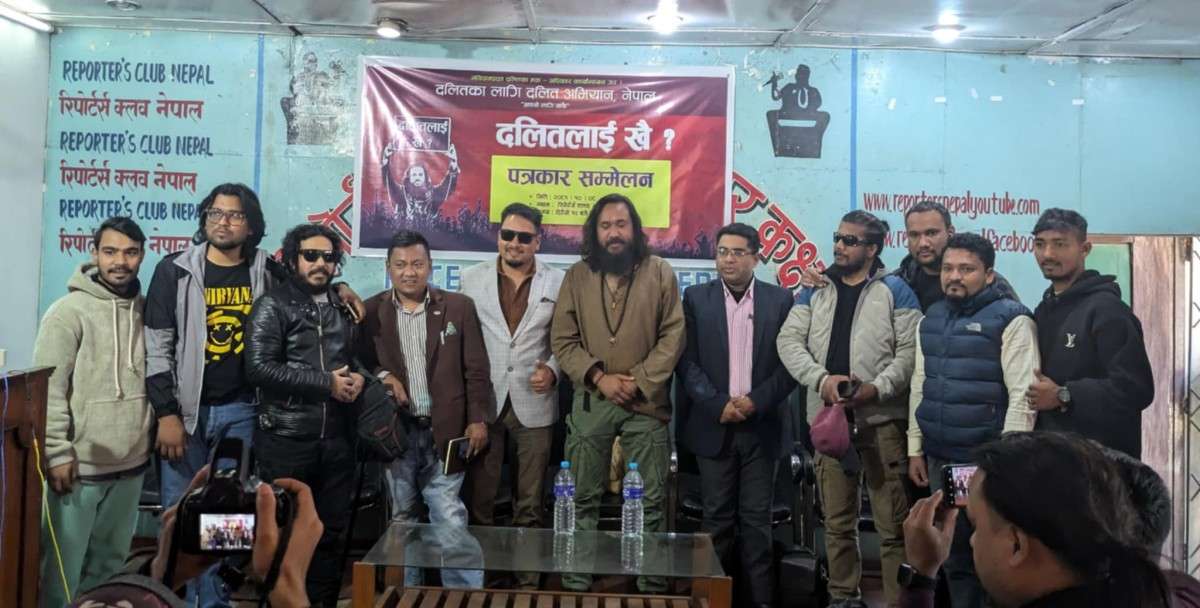
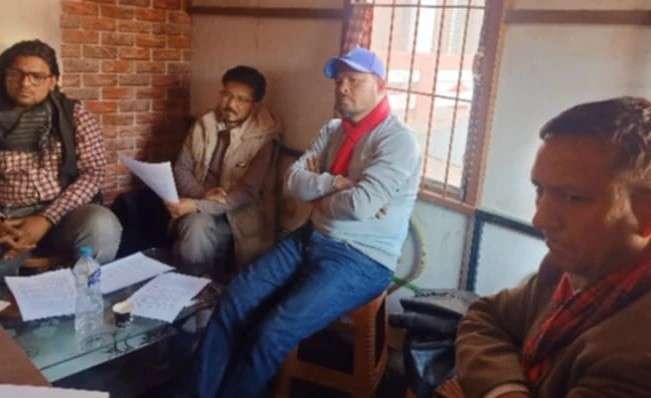
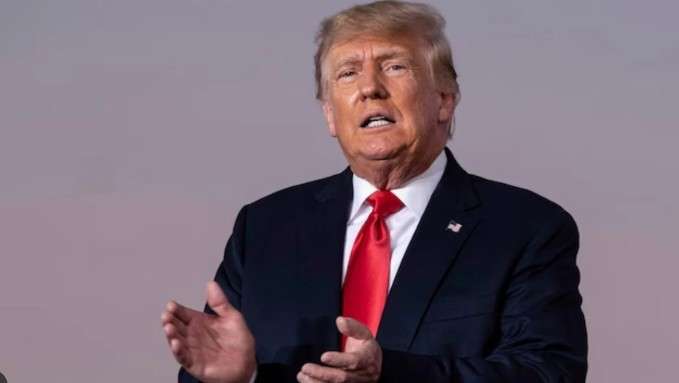
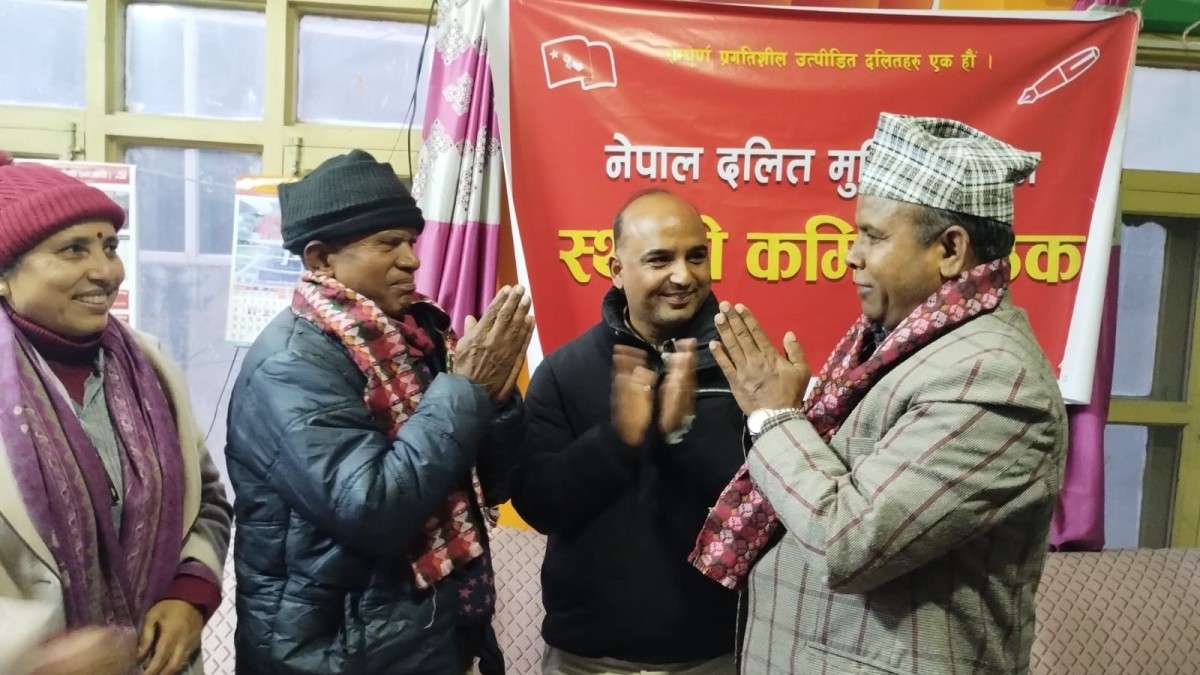
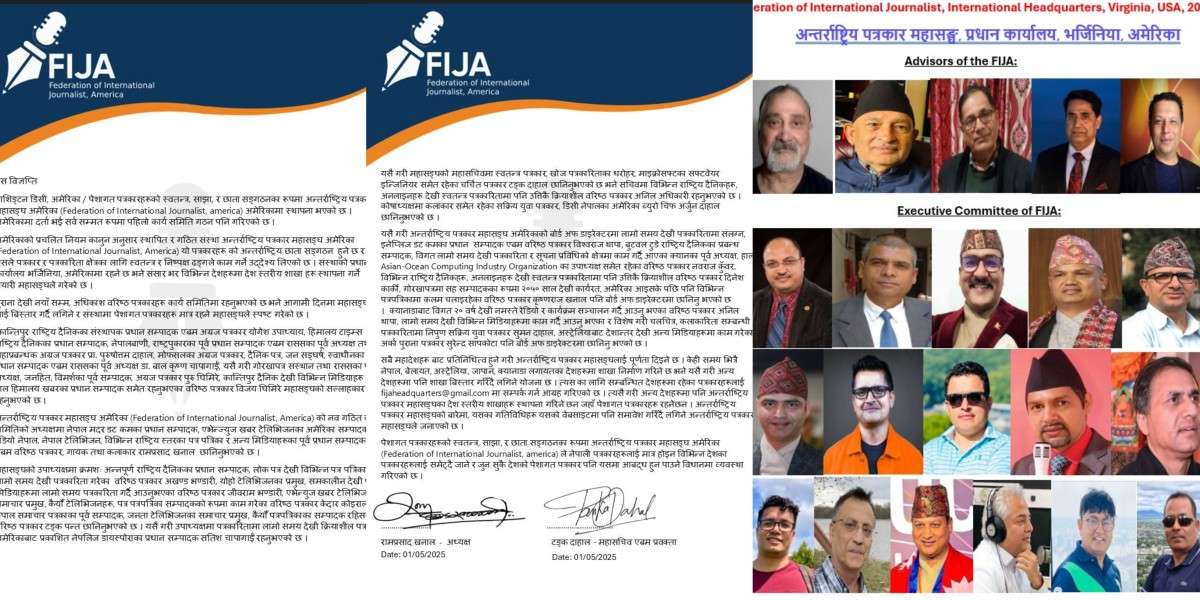
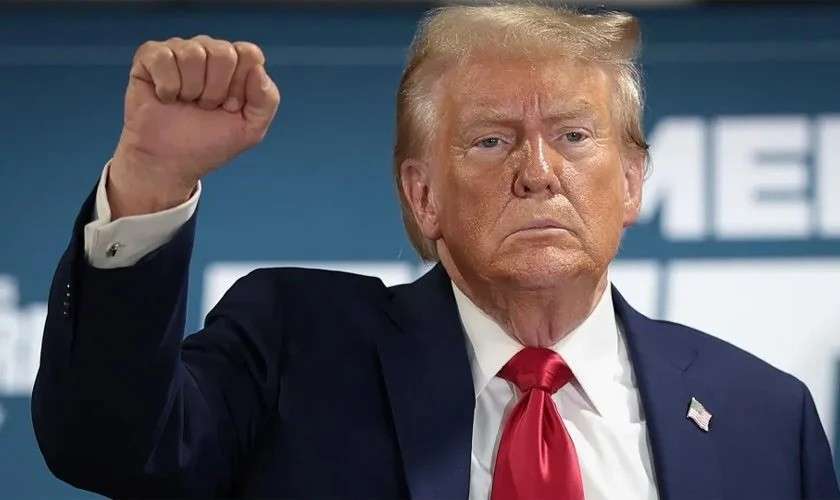



Conversation